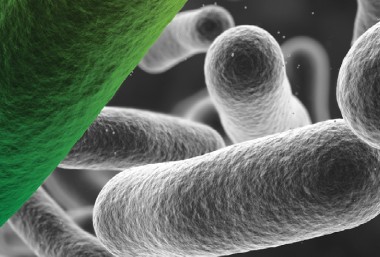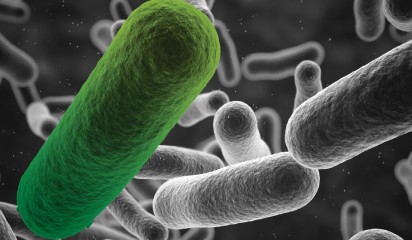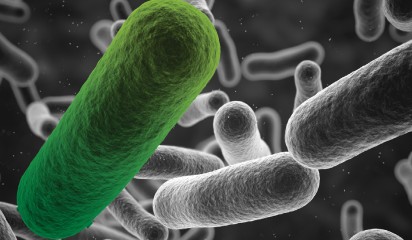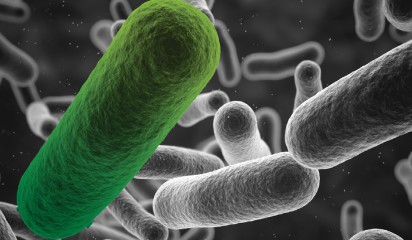New Zealand acceded to the Budapest Treaty on the International Recognition of the Deposit of Microorganisms for the Purposes of Patent Procedure 1977 on 17 December 2018. Accession was a part of implementing Comprehensive and Progressive Agreement for Trans-Pacific Partnership (CPTPP) commitments. The Treaty will enter into force on 17 March 2019.
What is the Budapest Treaty?
In order to meet disclosure requirements for a patent under the patent laws of most countries, applicants must disclose the invention in a manner clear and complete enough to be performed by a person skilled in the art. If the invention involves a microorganism, it may not be possible to describe the invention in the description in a manner to enable a skilled person to perform the invention. Therefore, the applicant may deposit a sample of the microorganism at a recognised institution. The Budapest Treaty allows an applicant to deposit the microorganism at one recognised institution, which will be recognised by all countries party to the Treaty. This avoids the need to deposit the microorganism in each country.
Microorganism deposit requirements in New Zealand
We previously published an article describing some issues with deposit requirements for patents claiming microorganism inventions (section 43, regulation 59). In April 2018, regulation 59 was amended such that the prescribed period for providing a deposit receipt is 12 months after the date of issue of the first examination report (ie, the same date as the acceptance deadline). This amendment overcomes the previous issues.
The Patents Act 2013 is already compliant with the Budapest Treaty, so no amendments to the Act will be made in response to acceding to the Treaty.
Requesting deposited microorganisms
There are currently no guidelines from the Intellectual Property Office of New Zealand (IPONZ) as to how an interested party would request a deposited sample from IPONZ under the Budapest Treaty. We understand these policies are a work in progress at IPONZ.









